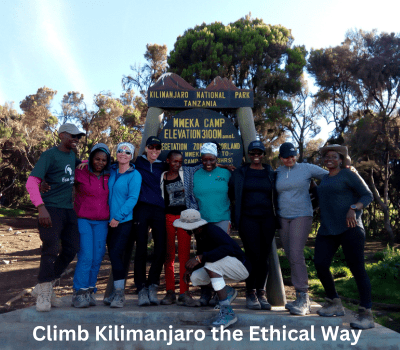What Are the Advantages of Hiring a Local Guide for Kilimanjaro?
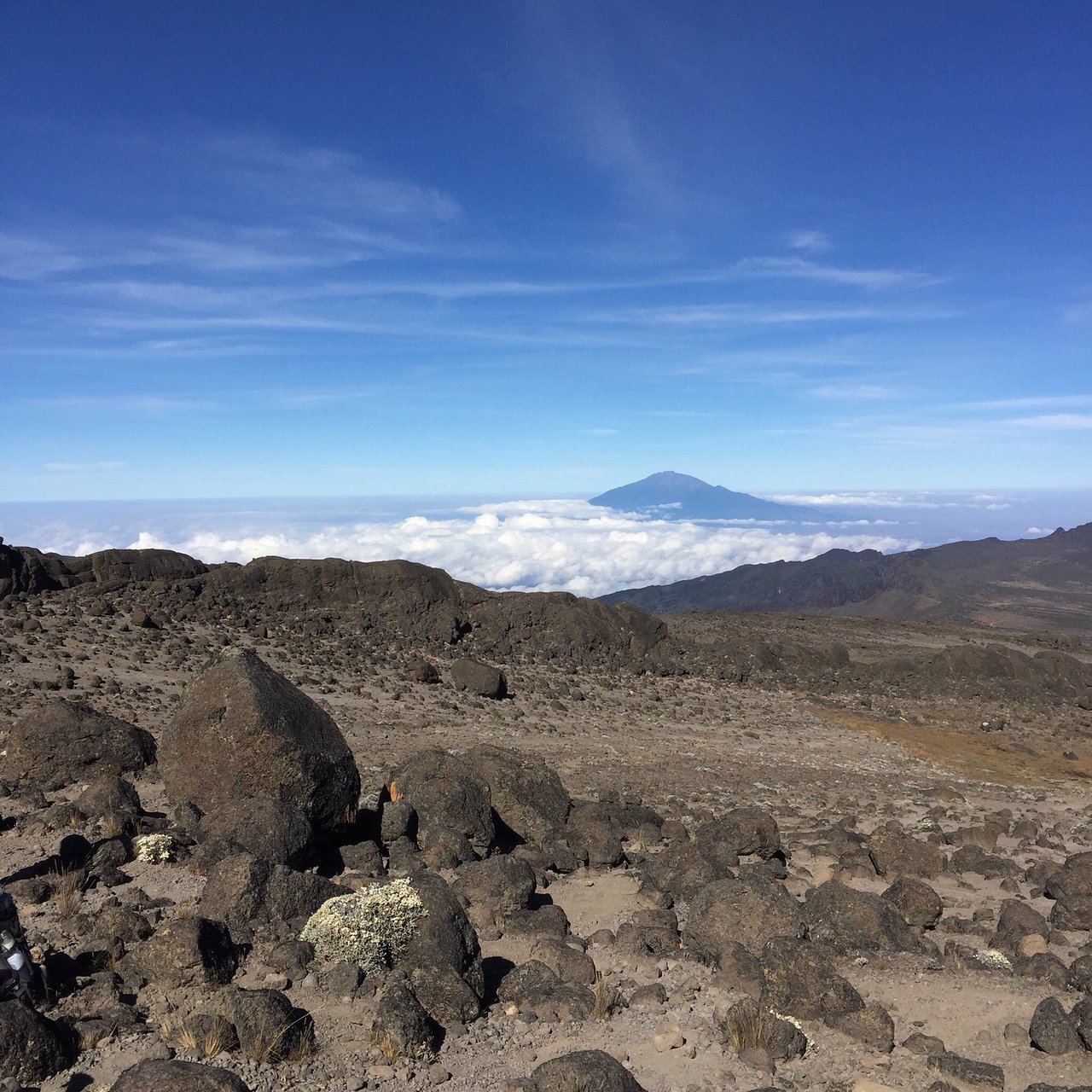
Introduction: Why Local Guides Matter on Kilimanjaro
Hiring a local guide when climbing Mount Kilimanjaro isn’t just a smart move—it’s a transformative one. Local guides bring not only expert knowledge of the mountain, but also deep-rooted cultural understanding, safety expertise, and a personal commitment to helping you succeed. They live at the foot of this mighty peak and have walked its paths hundreds of times. Who better to lead you to the Roof of Africa?
At Eco-Africa Climbing, we are proud to be a 100% Tanzanian-owned and operated company. Every climb we organize is led by skilled local guides who are certified, passionate, and deeply experienced. In fact, many of our guides have successfully summited Kilimanjaro more than 100 times.
Whether it’s navigating tricky terrain, responding to altitude-related symptoms, or simply encouraging you when you’re tired, your local guide is your anchor on the mountain. Let’s explore the many reasons why choosing a local guide is the key to a successful and meaningful Kilimanjaro climb.
Local Knowledge of Trails, Terrain, and Weather Patterns
Local guides know Kilimanjaro like the back of their hand. They are intimately familiar with every route—including the Northern Circuit, Lemosho, and Machame routes. They know where trails become rocky, where water sources are available, and how the terrain changes with each elevation gain.
Perhaps more importantly, local guides can read Kilimanjaro’s rapidly changing weather. They can spot signs of an incoming storm, assess wind patterns, and make smart decisions on when to push forward or rest. This kind of instinct doesn’t come from books—it comes from years of lived experience on the mountain.
This in-depth trail knowledge means fewer surprises, better pacing, and safer decision-making throughout your trek. It also helps guides select ideal rest stops and photo points so you can enjoy the journey as much as the destination.
Cultural Connection: Enhancing Your Tanzanian Experience
Hiring a local guide adds rich cultural depth to your Kilimanjaro experience. Your guide will likely speak Swahili and local tribal languages, and can share insights into Tanzanian customs, beliefs, and traditions that you simply won’t get from a foreign operator.
Whether it’s learning the meaning behind Swahili phrases like “pole pole” (slowly, slowly) or hearing stories of Chagga legends tied to the mountain, a local guide transforms your trek into a cultural immersion. These moments of connection make your climb more than a physical challenge—they make it personal.
At Eco-Africa Climbing, we encourage climbers to explore beyond the trail by including cultural tours in their itinerary. Many of our guides come from the very communities you’ll pass through, and they are proud to share their heritage with you.
Language and Communication Benefits
One of the most practical advantages of hiring a local guide is communication. Our guides are fluent in English and Swahili, allowing them to effectively guide international clients while also coordinating seamlessly with porters, cooks, and park staff.
Clear communication ensures you understand each day’s goals, any health updates, and what to expect along the way. It also enhances your ability to ask questions, express concerns, and stay mentally engaged with your climb.
Having a guide who understands both your language and local dialects means there’s no confusion about safety instructions, route changes, or team dynamics. You’ll feel more included, informed, and connected every step of the way.
Safety and Altitude Awareness from Kilimanjaro Veterans
Altitude sickness is one of the biggest risks on Kilimanjaro, and having a local guide who understands its signs and symptoms can be life-saving. Our guides at Eco-Africa Climbing are certified in Wilderness First Response (WFR) and trained to use pulse oximeters, administer emergency oxygen, and coordinate rapid evacuations if needed.
But beyond certifications, they bring instinctual awareness. After hundreds of climbs, they know how to spot when a client is pushing too hard, when someone needs rest, or when subtle changes in behavior signal a brewing problem. This real-time, on-the-ground decision-making is what keeps clients safe and summit-ready.
Safety is also about pacing. Local guides understand the importance of the “pole pole” rhythm, helping climbers ascend gradually and reduce the risk of AMS (Acute Mountain Sickness). With a guide monitoring your pace and wellness, you increase your chances of summiting successfully—without compromising your health.
Cost-Effectiveness and Transparent Pricing
Hiring a local guide through a Tanzanian company like Eco-Africa Climbing isn’t just about authenticity—it’s about value. When you book directly with a local outfitter, you eliminate the middlemen and inflated fees associated with foreign travel agents. This means your money goes further and is invested where it matters most: your guide, support crew, and overall experience.
Additionally, local companies operate with a deep understanding of Tanzanian park regulations, permit systems, and seasonal pricing. They’re transparent about costs, offer competitive packages, and ensure that porters and guides are fairly compensated in line with local standards and KPAP (Kilimanjaro Porters Assistance Project) ethics.
Foreign agencies often subcontract climbs to local operators anyway—so when you go straight to the source, you get direct communication, better service, and more accountability without paying extra for overhead and branding.
Empowering the Local Economy and Community
When you hire a local guide, your tourism dollars stay within Tanzania—fueling jobs, families, and sustainable growth. Tourism is one of the biggest economic drivers in the Kilimanjaro region, and your climb has the power to make a real difference.
At Eco-Africa Climbing, we employ over 500 local staff, including porters, chefs, drivers, and office support. We’re proud to pay above-average wages, support financial literacy training, and invest in educational programs for children in Moshi.
When you book with a foreign company, much of your fee leaves the country. But when you book local, your trip becomes a vehicle for social impact—creating livelihoods, funding schools, and helping build a more resilient future for Tanzanian families.
Faster Emergency Response and Local Coordination
Should something go wrong on the mountain, response time matters. Local guides are better positioned to coordinate with the park authorities, helicopter services, or rescue teams. They speak the language, understand the emergency protocols, and know how to navigate the logistics of Kilimanjaro National Park.
Our guides are trained in evacuation drills, and we maintain a clear chain of communication with rangers and local medical facilities. Whether it’s a case of Acute Mountain Sickness or an unexpected injury, we act quickly and efficiently because we’re right here on the ground.
In fact, our safety protocols include emergency oxygen, oximeter checks, first aid kits, and radio communication with base support. This is why local, trained, and well-equipped guides make a massive difference in crisis situations.
Deep Respect and Connection to Kilimanjaro
To a local guide, Kilimanjaro isn’t just a mountain—it’s home. Many of our team members grew up in the villages around the mountain and have personal and ancestral ties to the land. This deep connection brings a sense of stewardship, reverence, and pride that’s difficult to replicate.
That respect is passed on to you. As you learn from your guide, you’ll gain a more meaningful appreciation of the environment, local customs, and the cultural symbolism of the mountain. You’ll hear stories about the Chagga people, understand traditional songs, and even learn how Kilimanjaro shapes regional identity.
We also teach Leave No Trace ethics and conservation principles as part of our sustainable tourism practices, encouraging both visitors and locals to protect this majestic peak for generations to come.
Better for the Planet: Sustainable, Ethical Tourism
Choosing a local guide also means choosing sustainability. At Eco-Africa Climbing, we offset every climb’s carbon footprint through partnerships with Carbon Offsetting Tanzania. We also ensure that our climbs follow Leave No Trace guidelines, minimizing environmental impact through responsible waste management and ethical practices.
Our guides are trained not only in mountain safety, but also in environmental awareness. They help reduce littering, conserve water, and educate climbers on how to hike respectfully. This eco-conscious approach adds purpose to your journey—you’re not just climbing for yourself, but for the planet.
With a local company, sustainability isn’t a buzzword—it’s a way of life. Our commitment runs deep because this is our home. We know that preserving Kilimanjaro isn’t just good for business—it’s essential for our communities and our future.
Ethical Treatment of Porters and Mountain Crew
When you hire a local company, you’re more likely to climb with a crew that’s treated fairly. Many international agencies subcontract to local operators, but don’t always verify working conditions. By contrast, responsible Tanzanian companies like Eco-Africa Climbing are proud members of the Kilimanjaro Porters Assistance Project (KPAP).
This means our porters receive fair wages, proper meals, good sleeping arrangements, and appropriate gear. We also provide financial literacy workshops, emergency medical access, and opportunities for career growth within the company. When your guide respects their crew, the entire experience becomes more professional, coordinated, and enjoyable.
Hiring a local guide through a KPAP-partner company is one of the best ways to ensure that your adventure doesn’t come at someone else’s expense. It’s not just ethical—it directly improves the quality of your climb.
Higher Success Rates with Local Experts
Did you know that climbers guided by certified, experienced local guides have a significantly higher summit success rate? At Eco-Africa Climbing, our success rate is over 95%—far above the national average of 65%. That’s because we use longer, acclimatization-focused routes like the Northern Circuit and Lemosho, and pair each trekker with a highly trained team.
Local guides know the signs of altitude sickness, adjust the pace to your condition, and keep the group motivated when energy dips. Their expertise goes beyond physical navigation—it includes managing morale, stamina, and mental resilience.
A smoother, safer, and more successful climb starts with a leader who understands the mountain better than anyone else—and that’s your local guide.
More Personalized, Flexible Climbing Experience
When you book with a local operator, your guide isn’t just a name on a roster—they’re someone you’ll meet in person, talk with, and build a relationship with from the start. Unlike larger international groups, our teams keep things small, nimble, and customizable.
Want to adjust your pace mid-climb? Prefer an extra acclimatization day? Need special meals or language support? A local guide can adapt to your needs far more easily than outsourced tour leaders or remote managers.
We also give our guests the option to visit our office in Moshi, meet their guide in advance, and ask questions before ever stepping on the trail. This level of access builds trust and puts your mind at ease—especially important when you’re about to take on one of the world’s greatest trekking challenges.
Stronger Bond, Bigger Motivation
Kilimanjaro is as much a mental journey as it is physical. You’ll have hard days, emotional moments, and surreal breakthroughs. Having a local guide who genuinely connects with you—sharing laughs, encouragement, and insights—can carry you through the toughest parts of the trek.
Our clients often tell us the reason they made it to the summit wasn’t just the gear or food—it was the strength and support of their guide. These aren’t transactional relationships. They’re the kind of bonds that lead to hugs at the summit and lifelong memories.
Your guide’s success is tied to your success. Their pride in helping you summit is real, and they’ll work tirelessly to help you succeed—not just because it’s their job, but because it’s their mission.
Access to Hidden Local Resources and Insider Tips
Want to know the best spots to photograph sunrise at Barafu Camp? Curious about what local foods help with altitude? Interested in what plant life or wildlife you’re seeing on the trail? Your local guide has the answers.
Local guides bring a wealth of regional insight that enhances your experience. They can help with last-minute gear rentals, recommend the best hotels in Moshi or Arusha, and offer cultural tips to help you better engage with the community.
At Eco-Africa Climbing, we consider our team to be your full-service support system—not just on the trail, but before and after the climb too.
Conclusion: Climb Smarter, Safer, and Stronger with a Local Guide
Hiring a local guide for Kilimanjaro isn’t just the ethical choice—it’s the best decision you can make for your climb. From safety and summit success to cultural insight and economic impact, a local guide enhances every part of the journey.
At Eco-Africa Climbing, our guides are not only certified professionals—they’re passionate Tanzanians who care deeply about your experience. They bring knowledge, heart, and commitment to every step of the trek. And when you reach the summit, you won’t just have conquered a mountain—you’ll have done it with someone who made the journey personal, safe, and unforgettable.
Choose local. Climb ethical. Summit proud.
Frequently Asked Questions (FAQs)
Are local Kilimanjaro guides certified?
Yes. All our guides at Eco-Africa Climbing are licensed by the Tanzania National Parks Authority and trained in Wilderness First Response (WFR). Many have completed hundreds of successful climbs.
How do I know if a guide is ethical?
Book through a company partnered with KPAP like Eco-Africa Climbing. This ensures porters and guides are treated fairly, paid properly, and given safe working conditions.
Do local guides speak English?
Absolutely. Our guides are fluent in English and Swahili, and many speak additional local dialects. They are trained to clearly communicate with international trekkers.
Can I meet my guide before the climb?
Yes! At Eco-Africa Climbing, we encourage you to visit our Moshi office to meet your guide and crew before your trek begins.
What’s the difference between booking local and through a foreign operator?
Foreign companies often subcontract to local guides but charge much more. Booking direct with a certified local company means better service, fairer pricing, and your money supports the community directly.
Climb Kilimanjaro with the Guides Who Know It Best
Ready to take on the Roof of Africa with experts who’ve been there hundreds of times? Book your Kilimanjaro adventure with Eco-Africa Climbing and experience the mountain the way it was meant to be—locally guided, ethically operated, and soulfully delivered.
Explore our top routes like the 8 Days Lemosho, 7 Days Machame, and 9 Days Northern Circuit. Each includes full support, ethical service, and certified local guides from start to summit.
Visit our booking page and take the first step toward your Kilimanjaro dream today.
Share:
Related Posts
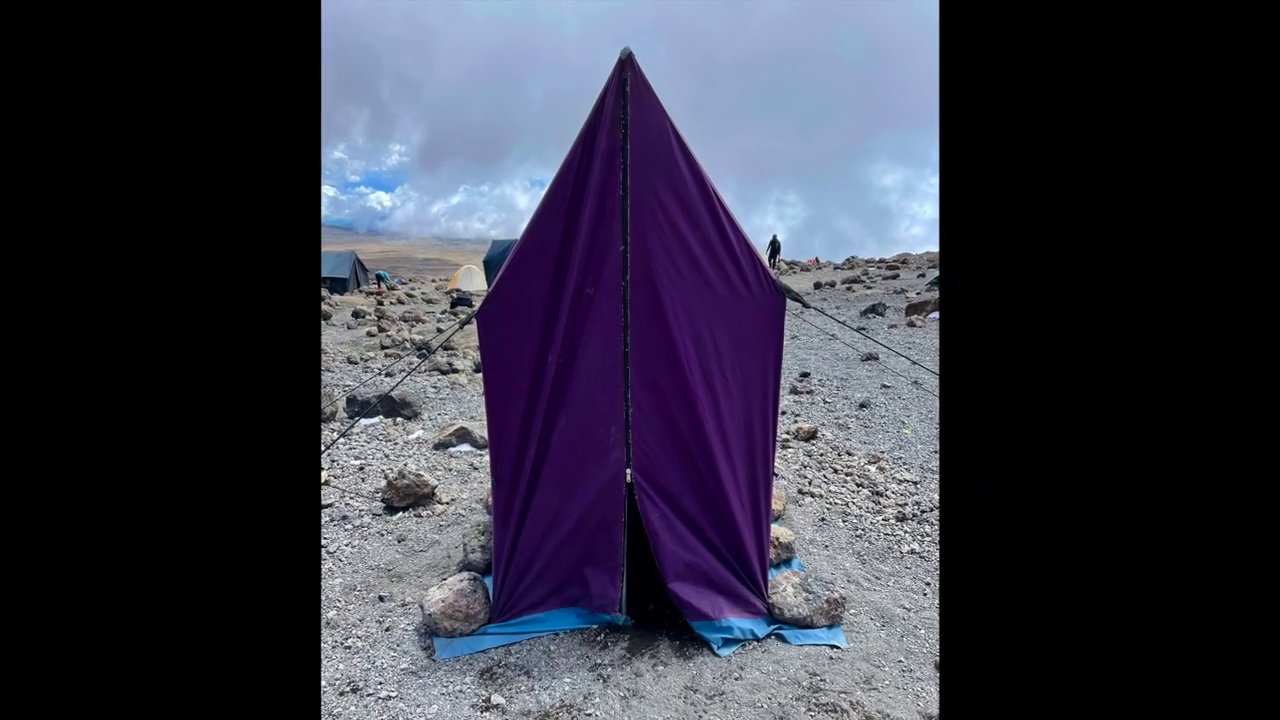
bathroom on mountain kilimanjaro
Bathroom on Mountain Kilimanjaro: What to Expect and How to Prepare Introduction One of the most common — and least discussed — questions from people
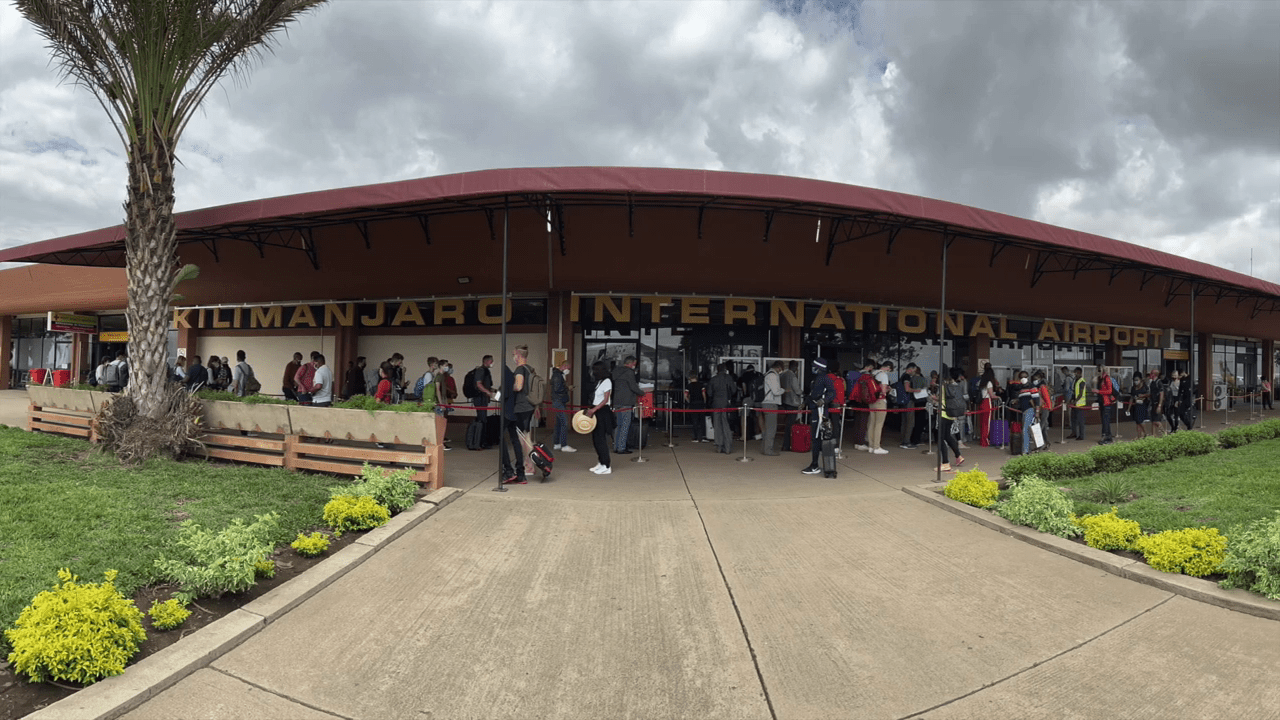
Are Guides Readily Available in Tanzania Without Prior Booking?
Are Guides Readily Available in Tanzania Without Prior Booking? Introduction: Should You Risk Climbing Without Pre-Booking? Climbing Mount Kilimanjaro is a dream for many adventurers.
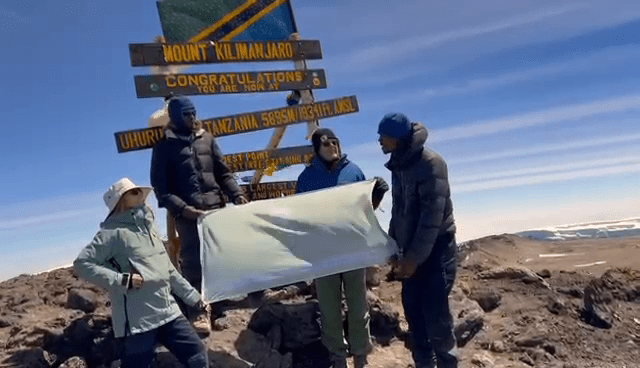
How Can I Find a Reliable Local Guide for My Kilimanjaro Expedition?
How Can I Find a Reliable Local Guide for My Kilimanjaro Expedition? Introduction: Why the Right Guide Is Key to Kilimanjaro Success Climbing Mount Kilimanjaro
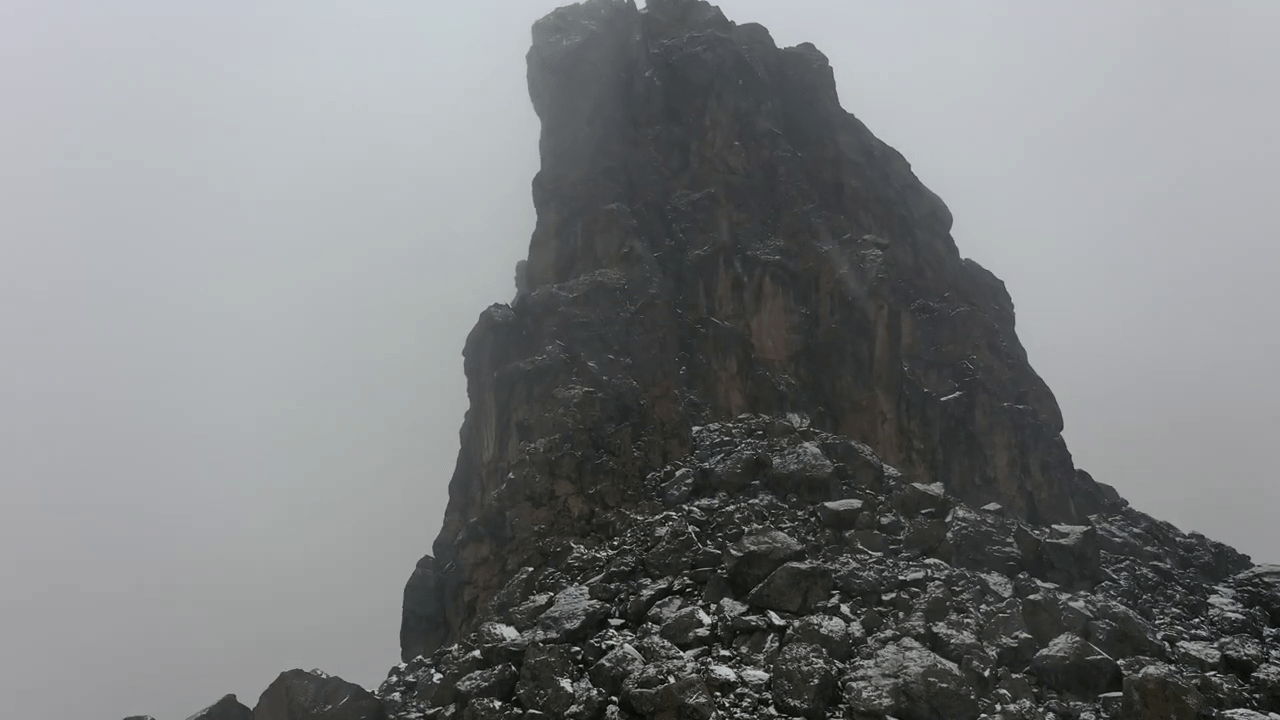
Is Climbing Kilimanjaro Dangerous for Individuals Without Mountaineering Experience?
Is Climbing Kilimanjaro Dangerous for Individuals Without Mountaineering Experience? Introduction: The Myth of Danger and Experience Many aspiring adventurers wonder if climbing Mount Kilimanjaro is
